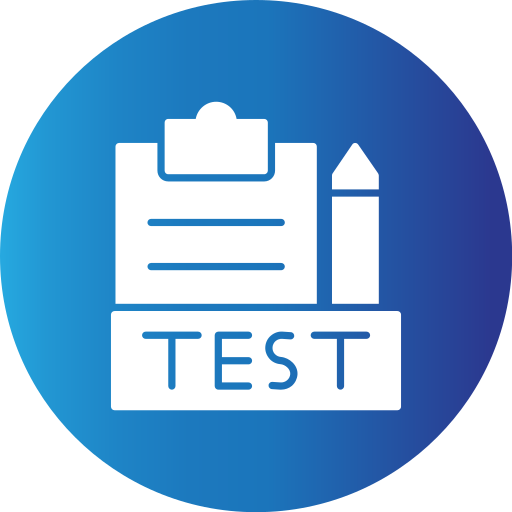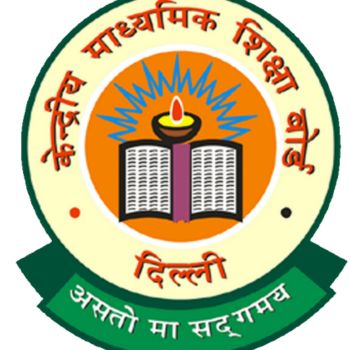The Bachelor of arts program is focused around humanities, social sciences and liberal arts with core courses including English, Political Science, History, Sociology, and Economics. Over the three years or six semesters, students take a combination of both obligatory courses and optional courses and can pick such specializations as Psychology, Geography, or Philosophy depending on their interests.
Course work would generally consist of basic topics, literature, logic, historical studies and political theory with ability enriching or skill improving units as well as environmental or vocational courses. The curriculum focuses on analytical thinking and the achievement of comprehensive cultural insight with regard to both applied and theoretical knowledge used in solving the problems of the modern day.
Table of Contents
Bachelor of Arts Semester-Wise Syllabus 2025
Students are allowed to pursue either General or Honours programme consisting of core courses, language, environmental, and electives per semester. Bachelor of Arts syllabus at Government college of Arts, Science and Commerce, Khandola will take three years and will deal with subject areas such as English, Konkani, Marathi, Hindi, Economics, Geography and Political Science.
Explore about: Bachelor of Arts (B.A.) at Calcutta University
Bachelor of Arts Syllabus For Private Institute
The syllabus of Bachelor of Arts includes major subjects such as English, Bengali, History, Political Science and Sociology and choice between Humanities and Social Science. The curriculum follows a multi-disciplinary approach, featuring core courses, electives, skill enhancement, and language or ability enhancement modules at St. Xavier’s College in Kolkata:
Read more: BA Jobs Options
Bachelor of Arts Exam Pattern
The exam pattern for Bachelor of Arts (BA) programs is given below; it is applicable to the majority of Indian public and private universities, with slight variations based on the specific institution:
- Semester-examinations of theory are conducted in both core as well as elective subjects at the end and a score of both written papers and continuous internal assessment combined is the final marks.
- There are internal tests (tests based on assignments, reports and presentations, class tests, attendance tests) at least every week so that students are in practice regularly.
- Only the subjects which require applied skills (which could be Fine Arts or Geography) are covered by practical examinations which could and might include external invigilation and assessment by course-instructors.
- These are more writing and analytical skills-oriented, so subjects like English, History, Political Science, or Sociology, the majority of exams involve essay, short note, and critical analysis type questions.
- Some BA programs require a final year project or dissertation (somewhat like a Masters in which they are graded on a written report and oral defense (viva-voce)).
- Depending on the subject, the question papers tend to assess both theoretical knowledge and practical or analytical knowledge according to the matter at hand, with a cross of different forms like; essays, short answers, or to include objective or matching-type.
FAQs
How are communication and soft skills addressed in a typical BA curriculum?
Communication skills courses and workshops in many universities are stipulated. They concentrate on listening, non-verbal communication and written communication, group discussion, and public speaking, even in more than one language at a time. It aims at equipping students not only academically but also professionally and socially prepared.
Are computer and research skills included in the latest BA syllabi?
Research methods, data analysis and simple computational methods are often included in modern syllabi, as electives to improve skill levels. It indicates a growing employer demand of students who are well versed with digital tools, basic statistics or data interpretation.
Are there new or revised topics in the BA syllabus that are applicable in 2025 job trends?
Digital humanities, environmental awareness, sustainable development and media literacy are some of the contemporary subjects that are being incorporated in leading universities. Options such as creative writing in media, digital communication, even applied economics are responses to a changing workplace.
How does fieldwork or field visits or community interaction work in the BA syllabus, what kind of effect does it have on learning?
Most BA programs combine field excursions to historical spots, NGOs, museums, or governments, and need community service initiatives. Real-life experiences caused by such activities increase the understanding of real life, improve knowledge on research and observation and assist students to develop professional networks according to their areas of specialization.
How do BA syllabi undertake the issue of inclusivity and diversity in course content and in learning approaches?
New BA courses are developing with deliberate intentions to represent a wide range of voices-they provide classes in histories of marginalization, classes in gender studies and classes in regional literatures. The inclusion of instructive discussion styles, available material to the differently-abled learners, and materials that capture global and local diversity continue to facilitate teaching strategies that make graduates work aligned to more enlightened and humane environments.











